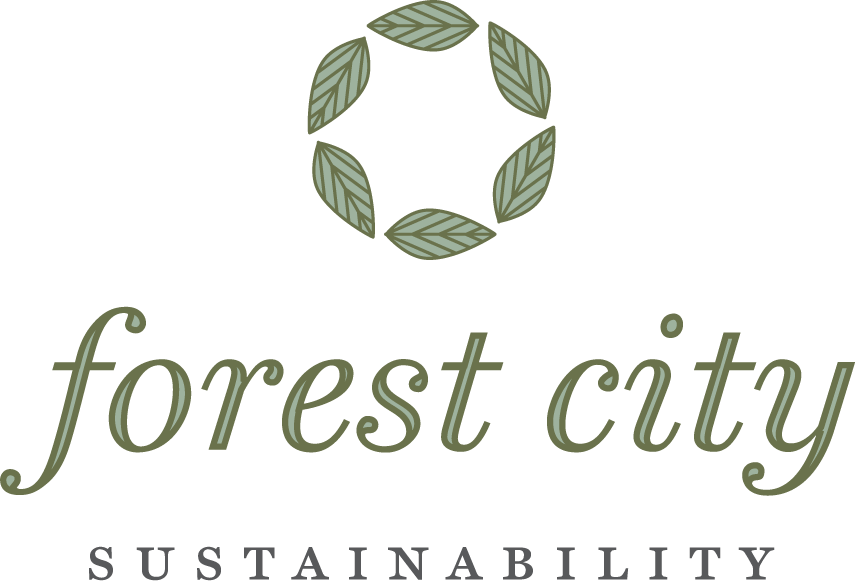Due to some health issues, Angelic Organics is no longer operating. We keep this entry as a reminder of how locally grown food can feed the body and the soul while minimizing impact on the environment.
A CSA Farm Serving Chicagoland Since 1990
Angelic Organics
For more information, visit
I had the chance to interview John Peterson of Angelic Organics. The goal was to convince him to participate in the Sustainable Business Directory. I quickly realized that John has his own story, and that I wasn’t in control of this interview. I’ve captured a few of the finer points here.
It’s clear that John and Angelic Organics are on a sustainability journey. Once I learned how much goes into organic farming, some of my sustainability questions seemed almost silly.
Angelic Organics cares for the health of the soil. Half of the land is planted in regenerative cover crops while the other half is producing vegetables.
They don’t use synthetic fertilizers. Instead, compost enriched with aged manure from neighboring farms is used to add nutrients to the soil.
Pests are managed with mechanical solutions like row covers and with organic sprays like those containing Bt (Bacillus thuringiensis) a group of natural soil microbes. The USDA clearly defines which pest management solutions can be used and still be considered organic.
His personal story is fascinating – you can be thoroughly entertained at www.angelicorganics.com/watch-the-movie/ It’s worth a watch.
John can get a bit philosophical. He sees the farm as a social organism that delivers food as a gift. Yes, it’s agriculture, but also comes with a social / human aspect. He sees the farm as elevating or ennobling the people involved, acknowledging the workers and the consumers as human beings. Not enough room here to relate his thoughts on art, architecture, and agriculture.
Angelic Organics is managed as Community Supported Agriculture, or CSA. Members of the community sign up for shares. Fresh vegetables are provided in-season every week or two. Getting vegetables locally significantly reduces the amount of energy and emissions for transportation. CSA shares are customized to the shareholder’s liking (with what is in season.)
Located about 20 miles from downtown Rockford in Caledonia, John sees real value in encouraging the consumers to see where and how their food is grown. More than 90% of the produce is delivered to shares in the Chicago area. It seems a bit of a disappointment to him that the Rockford community hasn’t really embraced Angelic Organics to the same extent.
As for future efforts, John is open to the idea of reducing costs and environmental impact through solar energy. Tractors and other farm equipment are huge capital investments and maintenance becomes more expensive as they age. Technology with lower emissions will be considered when replacement is required.


